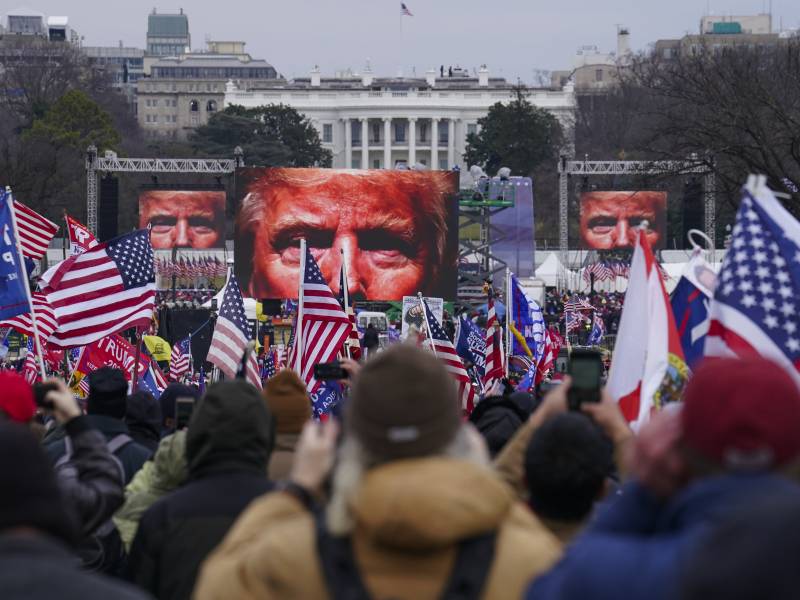The “thoughtful” opinion gives other courts something to look at, to see if they agree or disagree, he noted. But he said the incentives remain basically the same for Trump’s team to slow the process down and for the other side to speed things up.
“It punts this a few months down the road but doesn’t actually stop the clock on any of the other proceedings,” he explained.
And while the Supreme Court has a conservative supermajority, including three justices appointed by Trump himself, it’s unclear how it would rule on the Colorado appeal.
Kim Wehle, a professor at the University of Baltimore School of Law, told Morning Edition that she believes the Supreme Court would take this case seriously because of the massive implications it holds not just for 2024 but for future elections.
“I think there should be an incentive along the way to say to would-be presidents, ‘Listen, don’t do what happened on Jan. 6, there’ll be consequences for it,'” she added. “But we’re in a politicized world, and we have, arguably, a politicized Supreme Court.”
Experts say it could choose to send the case back to the state level or avoid ruling on the merits in some other way (like focusing on the wording of the clause, as the lower court in Colorado did).
This is not the only consequential case regarding Trump at the Supreme Court. The federal special counsel has asked the justices to quickly decide whether the former president enjoyed broad immunity from criminal charges as a result of his office.
When considering the 14th Amendment, Levitt says the tough question is not whether Trump is qualified to hold office but who gets to make that call. He believes the courts will want to leave it up to voters and says he’s a little skeptical that “the law is going to decide this issue before the people do.”
“There are a lot of questions that, if we get to November and the American people decide they don’t want him as their chief executive, that the courts never have to decide,” he adds.
NPR’s Vanessa Romo contributed reporting.
